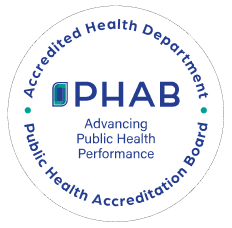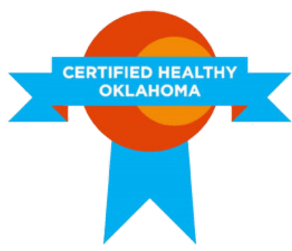Learn how mold can trigger respiratory diseases and other symptoms, discover how to detect its presence, and understand the importance of moisture control in preventing mold growth and recontamination.
Mold occurs naturally in our environment. We all live with some exposure to it. Though mold is typically not a major cause of serious health problems, it can cause or aggravate various respiratory diseases such as asthma, fungal lung infections, bronchitis, and allergies. People with immune suppression and chronic illnesses such as obstructive lung disease are especially susceptible.
Symptoms of adverse reactions to mold include:
In addition, some molds contain mycotoxins which may present a greater hazard than that of allergenic or irritative molds.
You can usually tell on your own if you have a mold problem. Mold growth typically looks like a discoloration ranging from white to orange and green to brown and black. It has an earthy, musty smell. As a rule, if you can see or smell mold, you should take action to remove it and prevent recontamination.
The Tulsa Health Department does not provide testing for the presence or type of mold in homes, schools or businesses. Though some private firms provide this service, determining the types of mold present does not affect corrective measures. All molds should be considered the same when it comes to potential health risks and removal.
Mold requires moisture and organic material to grow. In most cases, mold can be removed by cleaning and disinfecting the area. For more information about the cleaning of mold, please download our fact sheet. Porous materials permeated with mold such as sheet rock, ceiling tiles, carpet, and wood products may be removed and discarded. It is imperative that you identify and correct the mold’s moisture source to prevent recontamination.
Currently, the Tulsa Health Department is unaware of any federal, state or local environmental or health regulations regarding mold contamination. As such, neither the THD, the Department of Environmental Quality, nor the Environmental Protection Agency can require a building or property owner to remediate mold problems.
Related Resources
We have 10 locations across Tulsa County that offer a variety of services to help you and your family stay healthy.







